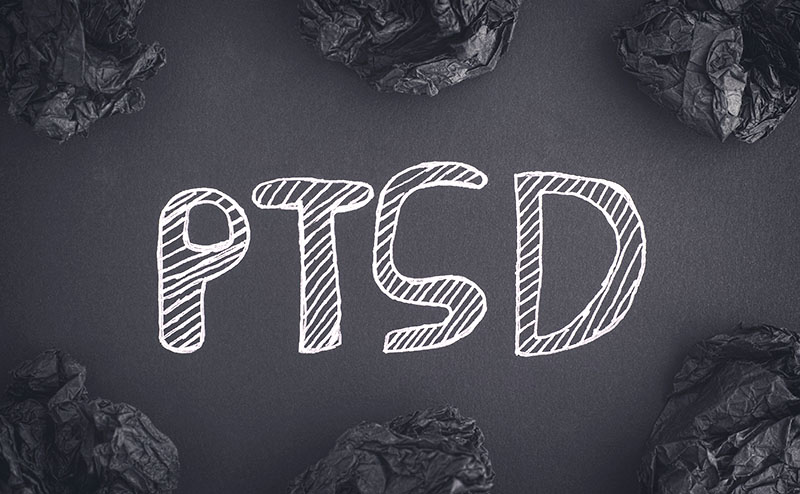PTSD is a very real threat to physician wellbeing, especially during this pandemic. Many emergency physicians love the profession for its variety. Still, this type of unfamiliar territory is not what you trained for. And this crisis is uniquely stressful because there is no clear end in sight.
It’s okay to not be okay. You are not alone. There are tools, resources and crisis support counselors available to help.
Guidance & Tools
PTSD Decision Aid
Developed by the U.S. Veterans Affairs National Center for PTSD, this tool helps you:
- Learn about PTSD
- Compare treatment options
- Take action to get help
Though the tool does have some content specific to service-members, it is useful for anyone who is interested in learning more about PTSD and PTSD treatment.
Apps
Developed by the U.S. Veterans Affairs National Center for PTSD.
- PTSD Coach (Veterans Affairs)
- PTSD Family Coach (to support families of those who have PTSD)
- COVID Coach
TEDx Talks
- The Psychology of PTSD
- Art Can Heal PTSD’s Invisible Wounds
- Understanding PTSD’s Effects on Brain, Body and Emotions
Articles
- Posttraumatic Stress in Emergency Medicine Residents
- Physician Work-Associated Trauma: Causes, Consequences, and Interventions
- 10 Ways to Survive the Mental Health Crisis as a Health Care Worker
- Physicians and the Psychological Trauma of PTSD
- We Must Start Paying Attention to Physician PTSD in Emergency Medicine
- Prevalence of PTSD in EM Physicians Across the US
- Traumatized by Practice: PTSD in Physicians
- The On-Being Project: The Pain of Caregiving and the Privilege of Suffering
- Emergency Physicians Suffer from PTSD
- ED Staff Not Immune to Traumatic Stress
- Are You Under Stress in EMS?






